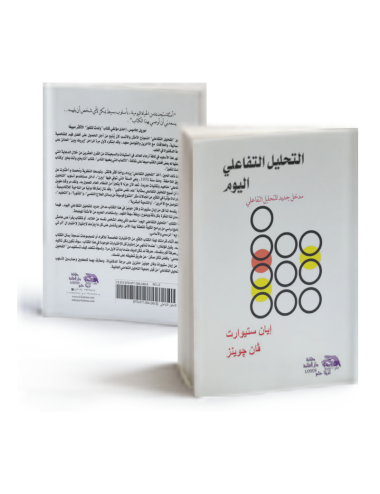Concept of Tampering in Philosophy and Art
This book is a cry of protest against those who rejoice at the death of ideas and doctrines and declare in a foolish trance that existentialism is dead
0 kg - 0.29 kg
This book is a cry of protest against those who rejoice at the death of ideas and doctrines and declare in a foolish trance that existentialism is dead
Antigone begins with The two sons of Oedipus, Eteocles and Polyneices, who are fighting for the kingship of Thebes. Both men die in the battle. Their successor, Creon, decides that King Eteocles will be buried, but Polyneices, because he was leading a foreign army, will be left on the field of battle. Antigone, his sister, buries him anyway.
Antigone is caught burying Polyneices and is condemned to death. Her fiance and Creon's son, Haemon, learns about this and tries to convince Creon to change his mind. It's only then that the seer Tiresias appears. After a long discussion, he finally persuades Creon that the gods want Polyneices buried. By then it's too late Antigone has hung herself, Haemon kills himself when he finds her, and Creon's wife kills herself when she learns about her son.
The subject of fiction has received clear interest from many philosophers, both idealists and empiricists. We will depart from the subject of our studies if we try to follow the opinions of modern philosophers in this regard
In this book, the author presents and explores this approach, its theory, history, the therapy process, primary change mechanisms, empirical basis, and future developments. This essential primer to cognitive–behavioral therapy, amply illustrated with case examples featuring diverse clients, is perfect for graduate students studying theories of therapy and counseling as well as for seasoned practitioners interested in understanding this approach.
In this collaborative work the authors closely explore the growing academic and cultural interest in spirituality and spiritual transformation. They argue that "we are witnessing a new horizon of converging interest in the intersections between science, religion, and spirituality." Organized in three parts--transforming spirituality in psychology, transforming spirituality in theology, and modeling spiritual transformation--Transforming Spirituality fills a void in the current literature. In turn, its nine chapters discuss spirituality in relation to health, human development, the biblical tradition, philosophy, and the natural sciences.
This book deals with discussing topics at the same time. This may be a possible opportunity and a possible opportunity coincides with a unique opportunity.
What is art criticism?
What are the boundaries between art criticism and social criticism?
What are the different streams of criticism?
What is the contemporary critical landscape?














